TOKOK Asset Depletion Calculator
This calculator models how TOKOK's 5% monthly management fee would reduce your crypto holdings over time. Remember: TOKOK shut down in July 2022 and has been charging this fee since then. Most users lost access to their funds.
Enter Your Starting Balance
TOKOK crypto exchange was a digital asset trading platform registered in the British Virgin Islands and operated from 2018 until its abrupt closure in July 2022. It marketed itself as a global exchange with a wide range of cryptocurrencies, mobile apps for iOS and Android, and a tiered referral program that promised generous fee rebates. The platform’s downfall-marked by a sudden site shutdown and a 5% monthly management fee on undrawn balances-has turned it into a cautionary case study for traders. This review breaks down the exchange’s history, features, regulatory gaps, user experiences, and the red flags that led to its demise.
History and Corporate Background
According to Cryptowisser, the entity behind TOKOK was Kindly Keep Network Technology Limited, incorporated in the British Virgin Islands (BVI). The BVI registration, while common for offshore crypto firms, offered little transparency about the owners or the company’s financial health. The exchange launched in 2018, during a wave of new platforms aiming to capture the booming retail crypto market.
From 2018 to early 2022, TOKOK maintained a functional website, published trading pairs, and allowed new users to sign up with a standard KYC process that usually took 24‑48 hours. However, the platform never disclosed any regulatory licenses, security audits, or compliance frameworks-details that larger competitors like Kraken proudly displayed.
Key Features When It Was Operational
During its active years, TOKOK offered a handful of features that attracted traders:
- Broad crypto selection - The exchange listed dozens of coins, though exact counts were never published.
- Mobile applications for both iOS and Android, praised for “mobile support… very helpful for investors on the go.”
- Referral program - Standard users earned 30% of the trading fees paid by referred accounts; members holding over 10,000 TOK tokens received a 50% share.
- US‑friendly policy - Unlike many exchanges that block American users, TOKOK did not explicitly prohibit US investors.
These perks made the platform look attractive, especially for newcomers hoping to boost passive income through referrals.
Regulatory and Security Shortcomings
Where TOKOK fell short was in its lack of verifiable compliance. The exchange never disclosed a registered address in a jurisdiction with clear crypto regulations, nor did it publish any security audit reports. In contrast, Kraken holds licenses in the US, EU, and Japan, and routinely shares audit results. The absence of such documentation left users without assurance that their funds were safeguarded.
Security features were limited to standard two‑factor authentication (2FA). No cold‑storage ratios or insurance funds were mentioned, a common omission among smaller, unregulated exchanges.
Shutdown Timeline and the 5% Monthly Management Fee
On July 31, 2022, TOKOK posted a terse notice stating, “the TOKOK website already closed.” Within days, it announced a 5% monthly management fee on all undrawn assets. The fee compounded each month, meaning $1,000 left untouched would dwindle to $590 after one year.
This policy mirrored classic exit‑scam tactics, where the platform locks users out of withdrawals while slowly draining remaining balances. Users reported multiple failed withdrawal attempts, unresponsive support, and escalating frustration.
User Experiences and Community Reaction
After the closure, the sentiment turned overwhelmingly negative. Fxmerge labeled TOKOK a “Scam crypto exchange. Avoid it at any cost.” Reddit threads in August 2022 gathered hundreds of upvotes warning others, while Trustpilot’s archived rating sat at a dismal 1.2/5, with 83% of reviews citing “funds inaccessible.”
Even prior believers of the referral program felt the backlash, as their recruited friends lost access to funds, tarnishing reputations built on the promise of passive earnings.
Comparison With Other Exchanges
While TOKOK never achieved a meaningful market share-ranking #187 by daily volume in Q4 2021 with about $18.7 million-it’s useful to see how it stacked up against established platforms. The table below highlights core differences.
| Feature | TOKOK | Kraken | Binance |
|---|---|---|---|
| Year launched | 2018 | 2011 | 2017 |
| Regulatory licenses | None disclosed | US, EU, JP, AU licenses | Multiple global licenses (e.g., Malta, Singapore) |
| Referral fee | 30% / 50% (TOK holders) | 10% (referrer) / 20% (referee) | 20% (referrer) |
| Monthly asset fee | 5% on undrawn assets | None | None |
| Daily trading volume (2021) | $18.7 M | $1.2 B | $35.2 B |
| Security audits | Not public | Regular third‑party audits | Frequent security reviews |
The comparison makes it clear why traders gravitated toward the more transparent, better‑funded platforms once the red flags at TOKOK became apparent.
What to Do If You Still Have Assets on TOKOK
- Document every transaction: account email, wallet addresses, timestamps, and any communication with support.
- Submit a formal request to the BVI registrar for the company’s corporate records-this can help identify legal owners.
- Engage a reputable crypto recovery service that works on exit‑scam cases; ensure they charge fees only after successful retrieval.
- Monitor official statements from CoinCodex and Cryptowisser for any updates on asset recovery programs.
Realistically, the 5% monthly fee means that after about 14 months the remaining balance will be negligible, making full recovery unlikely.
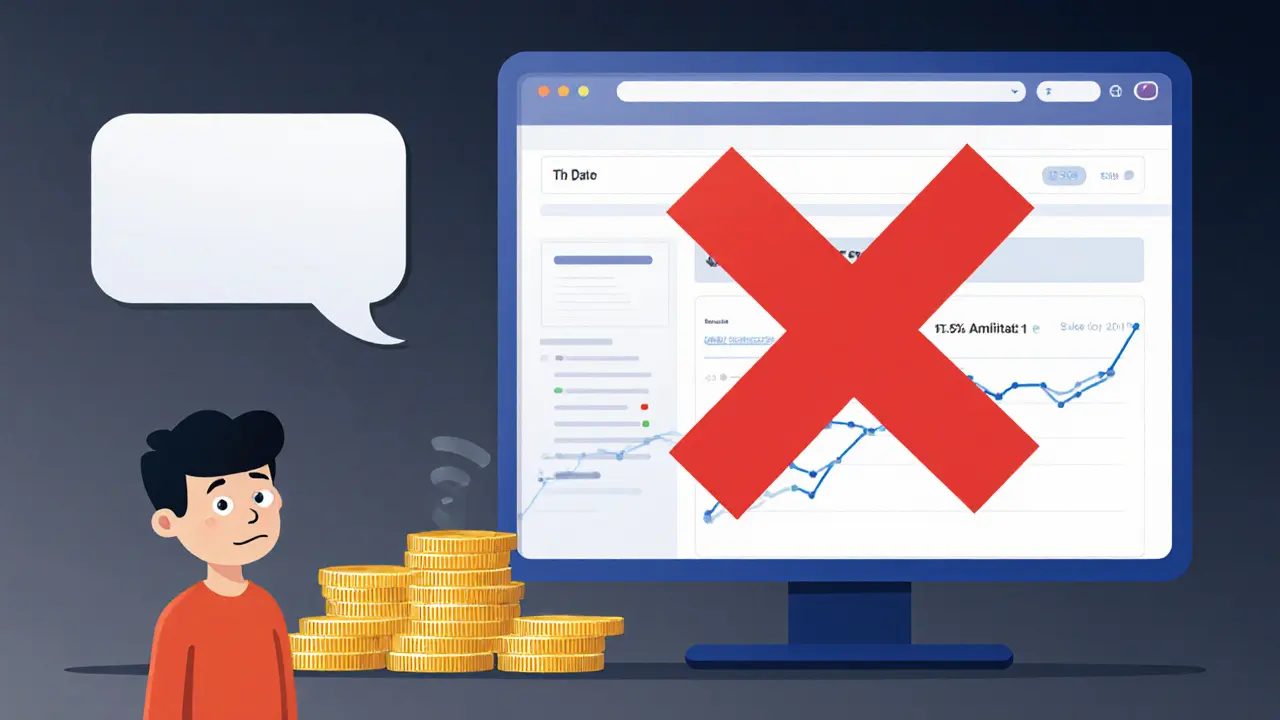
Checklist for Evaluating Any Crypto Exchange
- Verify regulatory licenses in the exchange’s operating jurisdictions.
- Look for published security audits or insurance coverage.
- Check the transparency of corporate ownership and physical address.
- Assess fee structures-beware of unexpected holding or management fees.
- Read recent user reviews on multiple platforms (Reddit, Trustpilot, crypto forums).
- Test customer support response time with a simple query before depositing large sums.
Applying this checklist could have flagged many of TOKOK’s weaknesses early on.
Key Takeaways
- TOKOK operated for four years without clear regulatory oversight.
- Its generous referral program attracted users but did not compensate for security gaps.
- The sudden 5% monthly fee and site shutdown are classic signs of an exit scam.
- Most users lost access to funds; recovery chances are slim.
- Always prioritize transparency, audits, and licensing when choosing an exchange.
Frequently Asked Questions
Is TOKOK still operational in 2025?
No. The exchange announced its closure on July 31, 2022, and has remained inaccessible since then. All reputable sources list it as permanently shut down.
What was the purpose of the 5% monthly management fee?
The fee was applied to any assets left on the platform after the shutdown, effectively draining balances over time. It is a common tactic used by fraudulent exchanges to extract value from users who cannot withdraw.
Can I still claim my TOK tokens?
Officially, the tokens are locked on the now‑defunct platform. Some recovery services claim to help, but there is no guarantee, and the ongoing fee makes any remaining value shrink quickly.
How did TOKOK’s referral program work?
Standard users earned 30% of the trading fees paid by users they invited. If a referrer held more than 10,000 TOK tokens, the share increased to 50% of those fees.
Was TOKOK regulated in any jurisdiction?
No public regulatory licenses were ever disclosed. The company was incorporated in the British Virgin Islands, a jurisdiction often used for offshore entities without stringent oversight.
What lessons can traders learn from TOKOK’s failure?
Key lessons include verifying regulatory compliance, demanding transparent security audits, scrutinizing unusual fee structures, and testing customer support before depositing large sums.
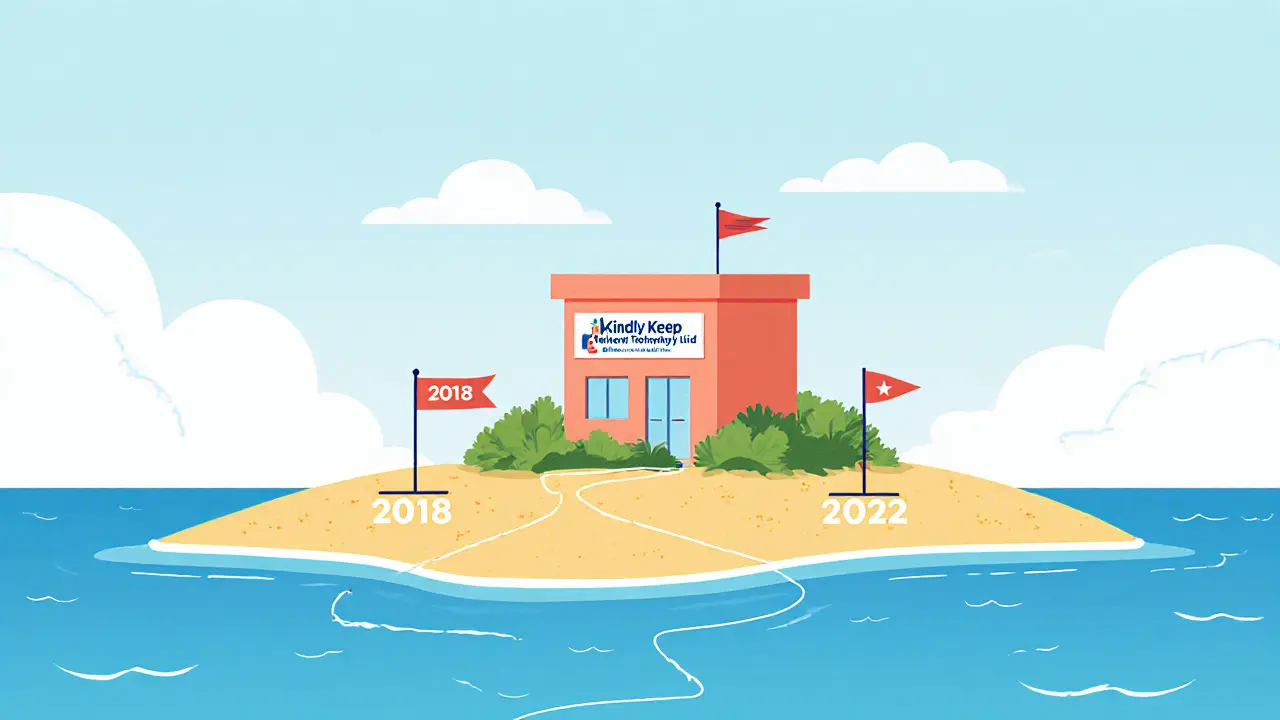
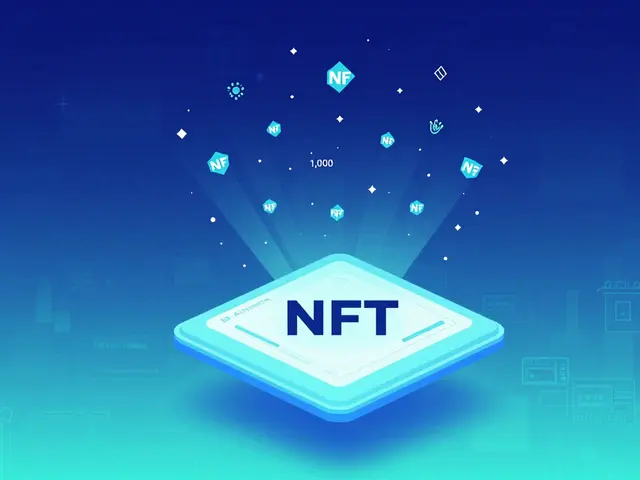
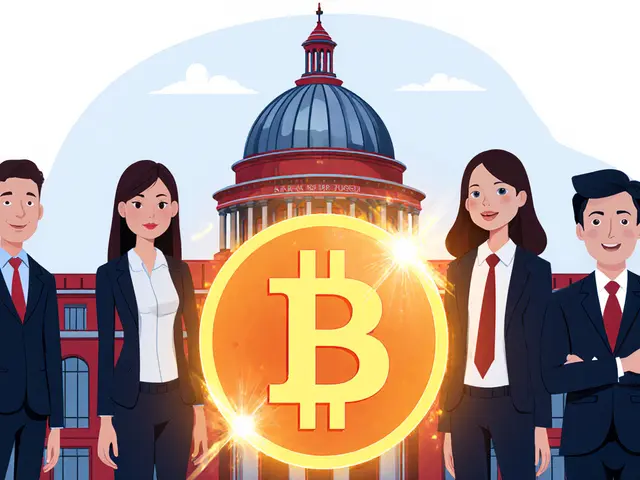
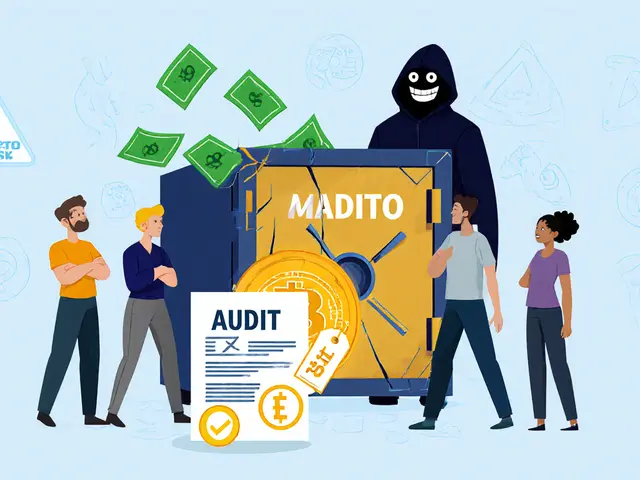
Comments (11)